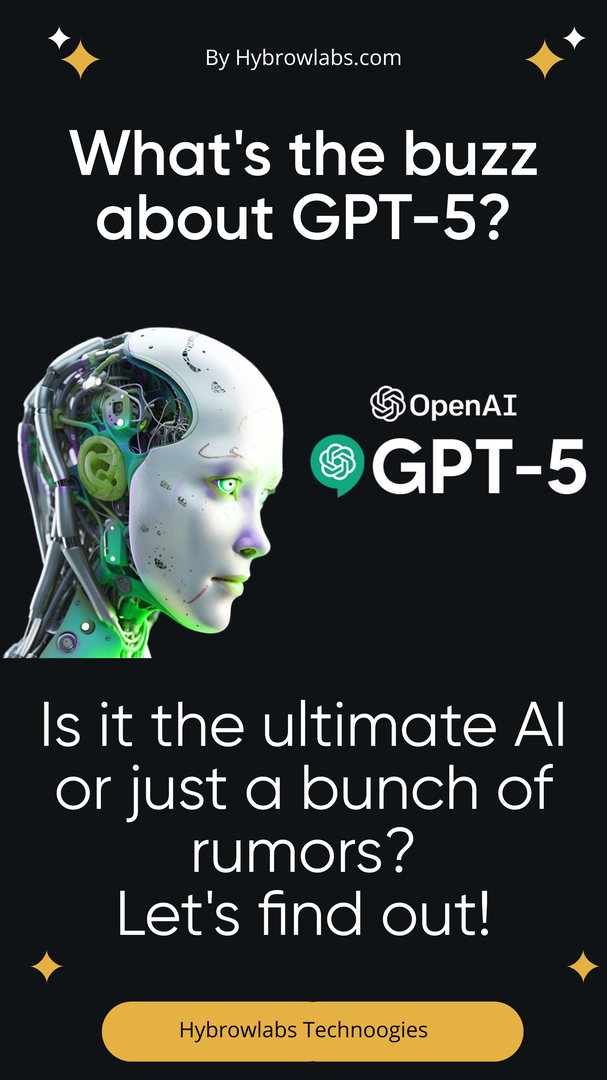
The field of Artificial Intelligence has been advancing rapidly in recent years, with natural language processing being a key area of development. The GPT series of language models have been at the forefront of this progress, with each iteration improving upon the previous one in terms of language understanding & processing capabilities.
With the hypothetical release of GPT-5, many rumors & expectations have emerged about its potential capabilities & impact on society. Some of these rumors are unrealistic, while others have raised legitimate concerns about the ethical & social implications of such a powerful AI system.
In this article, we will explore the potential advancements & capabilities of GPT-5. And examine the rumors & misconceptions surrounding its development.
Introducing GPT-5:
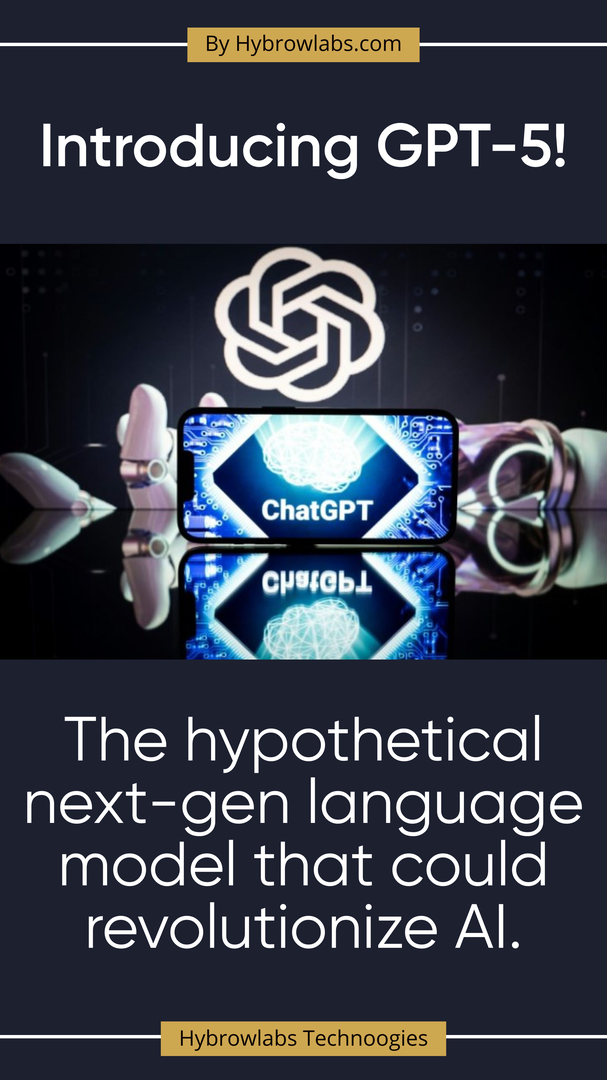
According to Dataconomy GPT-5 is a hypothetical AI system that will be the next generation of OpenAI's GPT series of LLMs. GPT-5 has not yet been released & no official information regarding its development or capabilities is available.
GPT-5 would be the next iteration of the GPT series of language models, which are designed to process & understand natural language. Like its predecessors, GPT-5 would be trained on massive amounts of text data & use advanced deep learning techniques to improve its language understanding & processing capabilities.
If GPT-5 were to become a reality, it could represent a significant advancement in AI & technology. It may be able to improve communication & interaction with users, provide more accurate predictions & insights, and revolutionize various industries such as healthcare, finance & customer service.
Why Need to Separate Rumors From Reality in the Advancement of AI & Technology?
It is crucial to separate rumors from reality in the advancement of AI & technology, as it enables us to have a clear understanding of the potential benefits and risks of new technologies. By separating fact from fiction, we can make informed decisions about how to develop and deploy AI systems in a responsible & ethical manner.
Moreover, separating rumors from reality helps to build trust & confidence in AI and technology. By providing accurate & transparent information about the current state of development, we can alleviate concerns & promote the responsible use of AI systems. This is especially important in fields such as healthcare, finance & security, where the consequences of AI systems can have a significant impact on human lives.
In addition, separating rumors from reality in the advancement of AI & technology can help to drive innovation & progress. By identifying areas of strength & weakness in current AI systems, researchers & developers can focus on addressing these challenges and improving the capabilities of AI systems.
Revolutionary Improvements in AI & Technology with GPT-5:
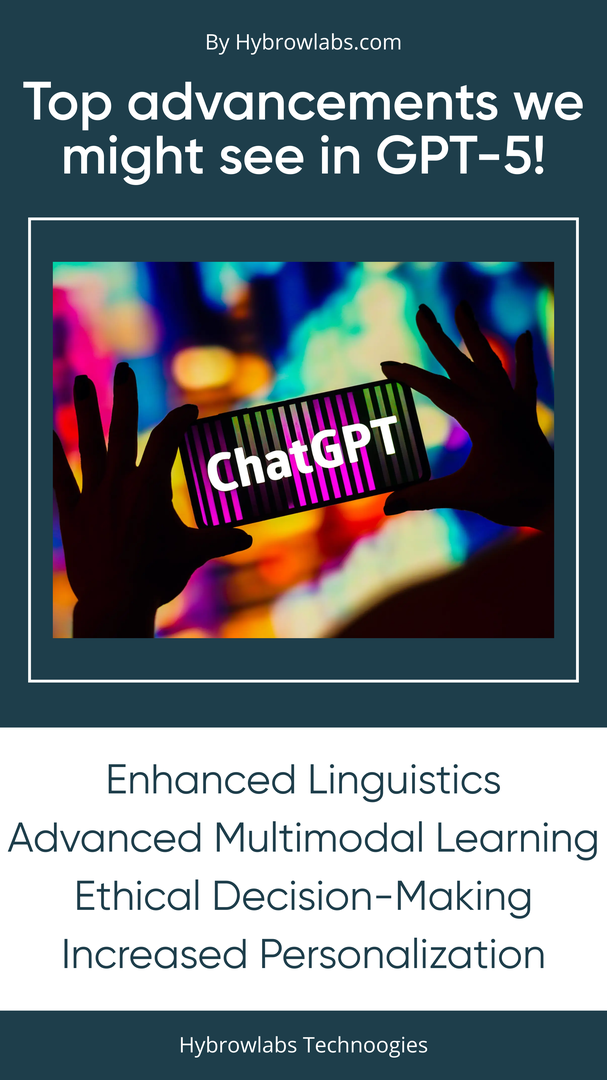
Here are the top 7 advancements of GPT-5
Advancement 1: Enhanced Language Understanding:
GPT-5 is expected to have a deeper understanding of language, including context & nuance, allowing it to generate more natural & coherent responses. GPT-5 is expected to be able to accurately predict the next word in a sentence, even in more complex language structures, whereas GPT-4 may struggle with more complex sentences.
For example, GPT-5 may be able to differentiate between the word "bank" as in a financial institution versus a river bank, whereas GPT-4 may not have as much contextual understanding.
Advancement 2: Improved Multimodal Learning:
GPT-5 is expected to be better equipped to process & learn from multiple sources of data, including text, images & audio. This will allow it to create more accurate & diverse outputs that incorporate information from different modalities whereas GPT-4 has limitations in processing multiple types of data at once.
For example, GPT-5 may be able to understand the meaning of a sentence through both the text & accompanying image, whereas GPT-4 struggles to process both inputs, it is primarily focused on text-based learning.
Advancement 3: Better Ethical Decision-Making:
GPT-5 is expected to incorporate ethical considerations in its decision-making processes, such as detecting & avoiding biased language and responding appropriately to sensitive topics. This will ensure that its outputs are socially responsible & considerate of diverse perspectives whereas GPT-4 doesn’t have the same level of understanding & awareness of potential ethical concerns.
For example, GPT-5 may be able to identify & correct for gender or racial bias in language, whereas GPT-4 doesn’t have as much awareness of these issues.
Advancement 4: Increased Personalization:
GPT-5 is anticipated to be more personalized, tailoring its outputs to the specific preferences & characteristics of individual users. This could include generating language that reflects an individual's personality, tone & writing style whereas GPT-4 has limitations in adapting to individual users.
For example, GPT-5 may be able to recognize & use specific jargon or terminology used by a particular user, whereas GPT-4 doesn’t have as much personalization.
Advancement 5: Improved Reasoning and Problem-Solving:
GPT-5 is expected to be better equipped to understand complex concepts & perform sophisticated reasoning & problem-solving tasks. This will enable it to generate more sophisticated & nuanced responses to complex queries including the ability to reason with more complex data structures & relationships, whereas GPT-4 has limitations in processing more complex data.
For example, GPT-5 may be able to solve more complex math problems or puzzles than GPT-4.
Advancement 6: More Accurate Prediction:
GPT-5 is anticipated to be more accurate in predicting future outcomes based on historical data. This will enable it to generate more accurate forecasts & make better recommendations whereas GPT-4 has limitations in predicting more complex scenarios.
For example, GPT-5 may be able to accurately predict the likelihood of a particular event occurring, such as a stock market trend, whereas GPT-4 doesn’t have as much accuracy in complex predictions.
Advancement 7: Better Generalization:
GPT-5 is expected to be better at generalizing its knowledge & applying it to new situations, resulting in more flexible & adaptable outputs. Compared to GPT-4, which has limited generalization capabilities, GPT-5 is expected to be more versatile & adaptable, allowing it to generate more diverse & relevant outputs across a range of contexts & applications.
For example, GPT-5 may be able to understand and apply the same language rules to a new language or dialect, whereas GPT-4 doesn’t have as much flexibility in adapting to new linguistic structures.
GPT-5: Sorting Hype from Reality in the World of AI:
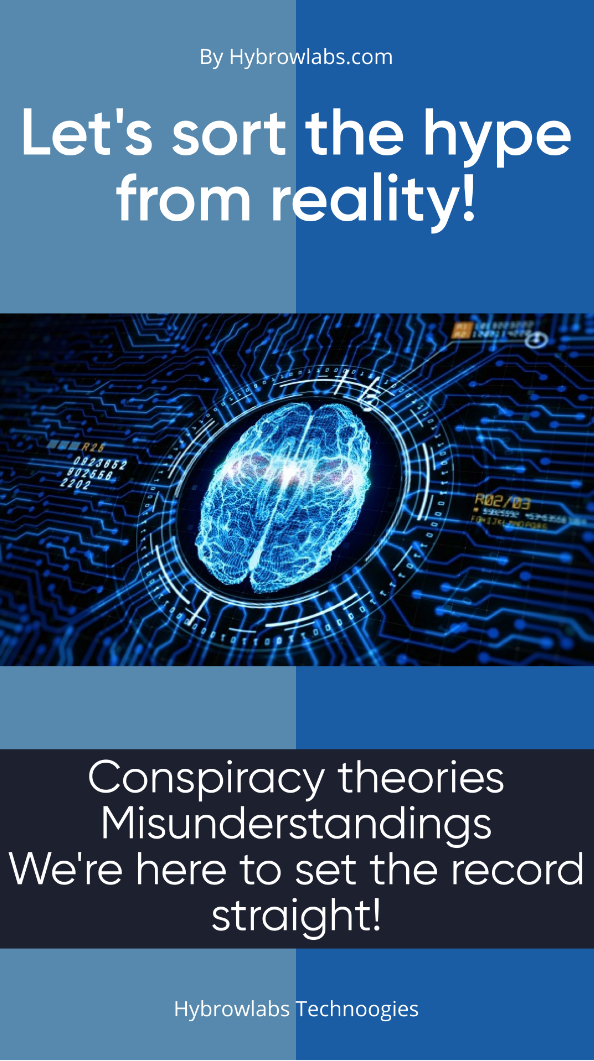
1. Unrealistic Expectations:
One rumor about GPT-5 is that it will be a massive leap forward in AI technology, capable of solving all sorts of problems & tasks. However, it is important to manage expectations & understand that GPT-5 will likely have its own limitations & may not be the solution to all AI problems. The reality is that GPT-5 will likely build upon the advancements made by GPT-3 & other models, but it will still have its own unique challenges & limitations.
2. Conspiracy Theories:
Another rumor is that GPT-5 could be used for malicious purposes or be controlled by powerful organizations to manipulate public opinion. However, it is important to emphasize the responsible use of AI technology and to implement safeguards & ethical guidelines to prevent such misuse. It is also important to note that AI technology, including GPT-5, is created & controlled by teams of developers and engineers who work to ensure its proper use.
3. Misunderstandings:
Finally, there may be misunderstandings about the realistic capabilities of GPT-5, including how well it can understand & process language, its ability to reason & solve complex problems, and its potential impact on various industries. It is important to educate and inform the public about the capabilities & limitations of GPT-5 to prevent unrealistic expectations or overestimation of its abilities.
Conclusion:
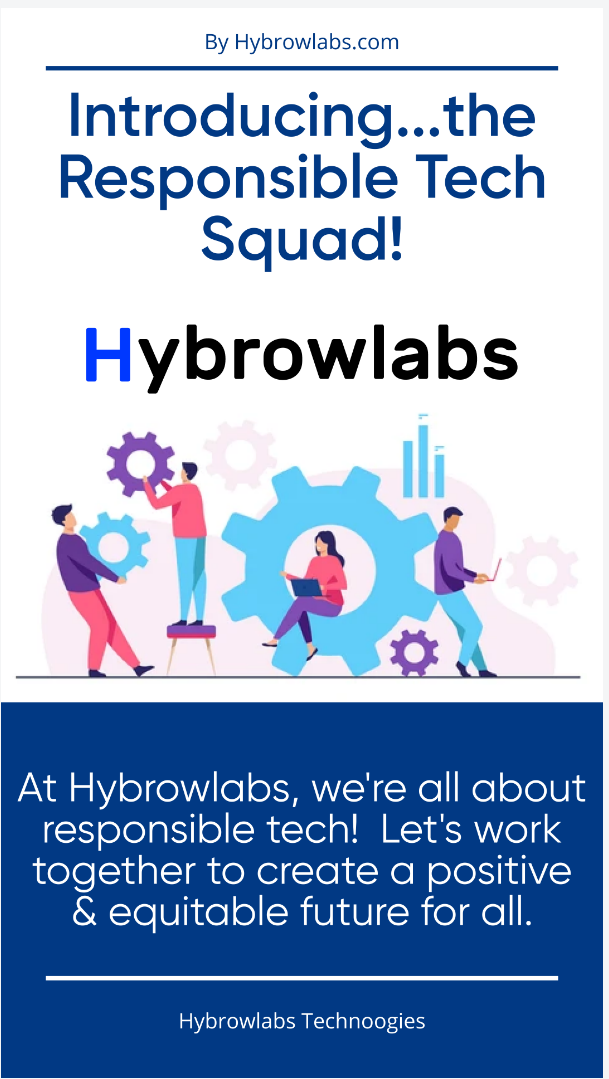
However, it is important to approach the development & use of GPT-5 responsibly. Ethical considerations, such as data bias & potential misuse, must be taken seriously to ensure a positive impact on society & the future of technology. As technology continues to advance at a rapid pace, it is our responsibility to ensure that its development & use align with our values & benefit humanity.
At Hybrowlabs Technology, we are committed to developing & utilizing technology responsibly and encourage others to do the same. By working together & prioritizing responsible development & use, we can ensure a positive & equitable future for all.
FAQs:
1. What is the current status of GPT-5?
GPT-5 is currently a hypothetical model that has not yet been developed. It is unclear when or if it will be developed in the future.
2. How does GPT-5 compare to previous versions of GPT?
As GPT-5 is a hypothetical model, there is no direct comparison to previous versions of GPT. However, it is speculated that GPT-5 would have more advanced capabilities than GPT-3, which is currently the largest and most advanced language model developed by OpenAI.
3. What are some of the anticipated advancements of GPT-5?
Some of the anticipated advancements of GPT-5 include enhanced language understanding, improved multimodal learning, better ethical decision-making, increased personalization, improved reasoning and problem-solving, more accurate prediction, and better generalization.
4. How can GPT-5 be applied in various industries?
GPT-5 has the potential to be applied in various industries, including healthcare, finance, and customer service. For example, GPT-5 could be used to analyze medical data and provide more accurate diagnoses, or to personalize financial advice for individuals based on their specific needs.
5. What are some challenges and limitations of GPT-5?
Some challenges and limitations of GPT-5 include ethical considerations such as data bias and potential misuse, technical limitations such as the amount of training data needed and the computational power required, and the need for responsible development and use to ensure a positive impact on society and the future of technology.



16932e.png)


a3dc85.jpg)

.jpg)
fd8f11.png)
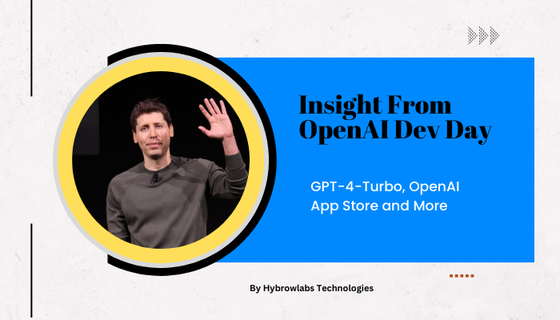
.jpg)
.jpg)